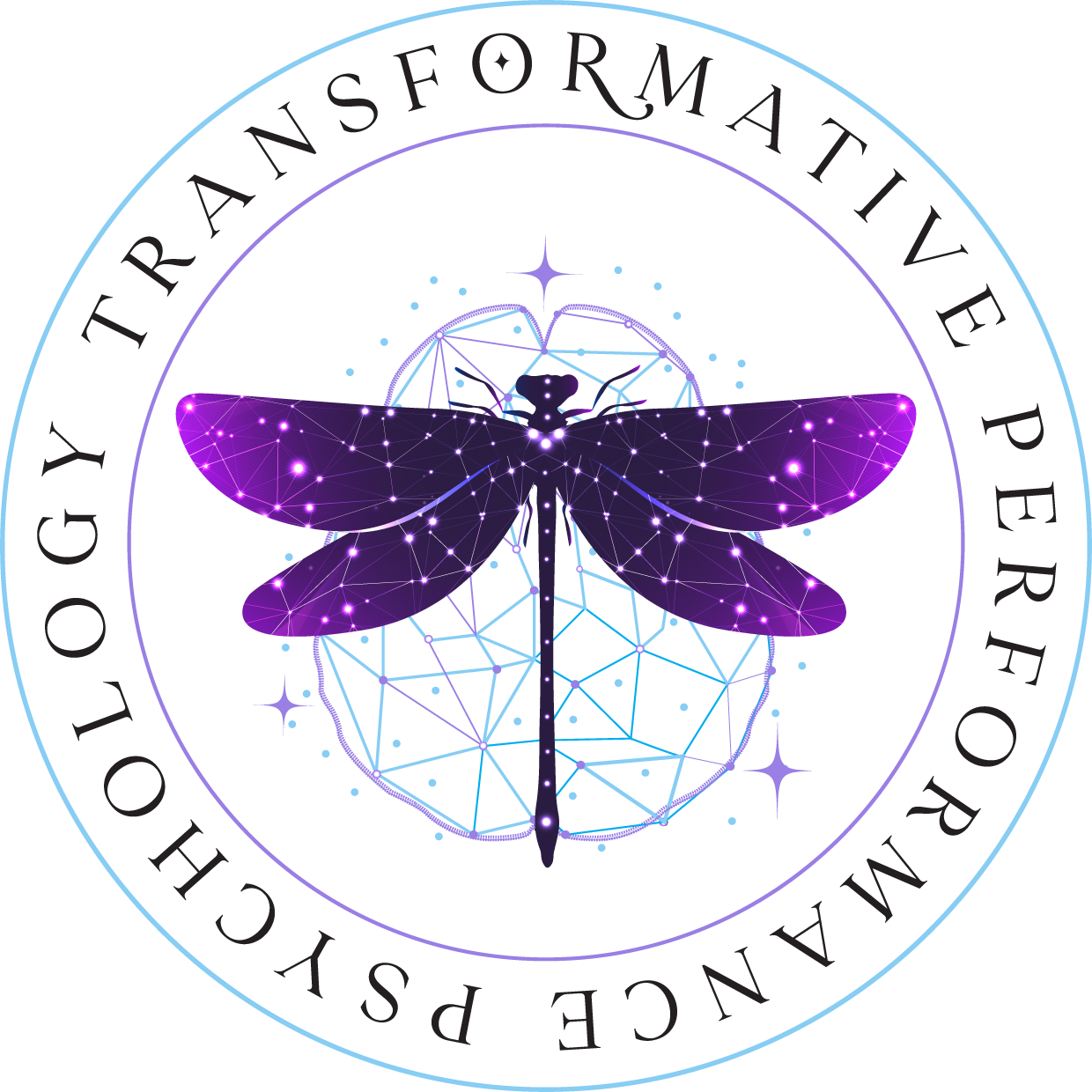Neurofeedback Training
"EEG neurofeedback is a natural, self-regulating approach that helps restore the brain's ability to function in the manner in which it was designed to function. It is perhaps the biggest breakthrough in non-invasive medicine in the last 50 years." - Brain Science International
What Is Neurofeedback?
Neurofeedback (NFB) is a type of brain training, in which individuals are trained to improve their brain function. NFB involves placing small, non-invasive sensors on the scalp to observe changes in brainwave activity. This precise measurement is immediately analyzed and converted to sound and video feedback through a computer monitor and speakers to represent the brain’s performance in real-time. Using this feedback, the individual learns to regulate or control his or her own brain states. This is helpful because the state of the brain has a large influence on how we think, act, and feel, emotionally and physically.
NFB has its foundation in basic and applied neuroscience, as well as evidence-based clinical practice. Extensive research demonstrates its effectiveness in treating specific conditions, such as ADHD and Epilepsy, with scientific studies also showing it to be promising for Autistic Spectrum Disorders, Anxiety, Depression, Insomnia, Chronic Pain, Addictions, and Traumatic Brain Injury.
**Watch a short video demonstrating the process of neurofeedback training**
Neurofeedback for peak performance:
A client improves his focus by first becoming aware of how his brain becomes distracted, and then by increasing the brainwaves associated with focused concentration.
For individuals striving for peak performance, neurofeedback can be particularly beneficial. It provides a unique avenue to optimize brain function, allowing you to enter 'the zone' or 'flow state' more easily and consistently. By learning to regulate brainwave patterns, athletes, performers, and professionals can enhance their mental agility, resilience, and ability to manage stress under pressure.
Moreover, the brain’s improved self-regulation can enhance cognitive flexibility, a key trait for problem-solving, adaptability, and creativity - all of which are essential in dynamic and competitive environments. Ultimately, neurofeedback can offer a competitive edge, contributing to peak performance while promoting a more balanced and resilient mindset, leading to not just improved performance in their specific field, but also an enhanced quality of life in all areas.


